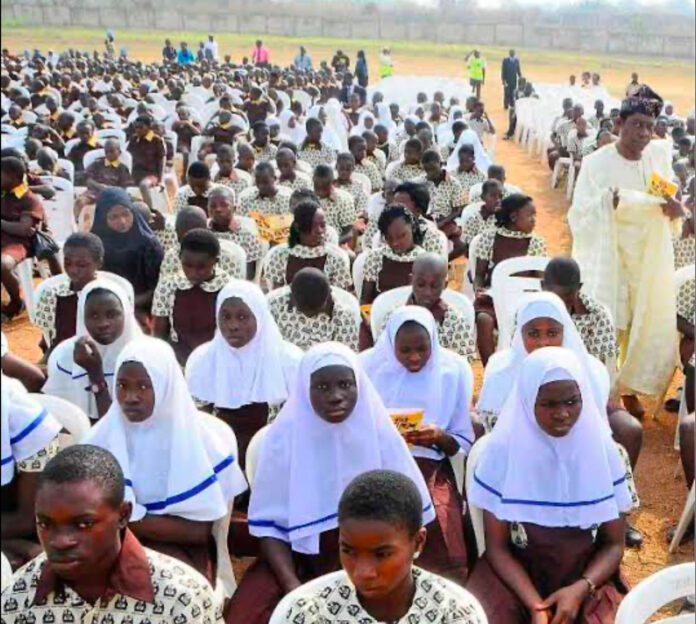By Hauwau Shehu Maikeffi
In a move that has sparked widespread discussion, the governments of Bauchi, Katsina, Kano, and Kebbi states have ordered the closure of all schools for the duration of the Islamic holy month of Ramadan. This decision, affecting both public and private institutions, has been met with a mixture of support and criticism from various quarters.
The Bauchi State government announced a five-week school closure starting from February 26, 2025, to coincide with Ramadan and the subsequent Salah celebration. Similarly, the Katsina State Hisbah Board issued a directive mandating the closure of all private schools during Ramadan, warning of consequences for non-compliance. The official statements emphasize the importance of allowing Muslim students and staff to observe the holy month without the demands of academic responsibilities.
The Christian Association of Nigeria (CAN) has voiced strong opposition to these closures. CAN President Archbishop Daniel Okoh described the five-week break as excessive and unjustified, arguing that such actions could exacerbate the already high rates of out-of-school children in these states. According to recent data, Bauchi State has 54% of children lacking access to education, with Kebbi at 45%, Katsina at 38%, and Kano at 35%, all above the national average of 34%. Archbishop Okoh warned that prolonged closures could further deepen the educational crisis in the region.
The directives have ignited robust discussions on social media platforms. Critics argue that prioritizing religious observance over education sets a concerning precedent, especially in regions already struggling with educational deficits. One user expressed frustration, stating, “A state government has closed down all schools for the next month because of Ramadan. This country isn’t designed to make it.” Others question whether similar accommodations would be made for non-Muslim religious observances, highlighting potential inequities in governance.
Conversely, some defend the closures, asserting that they align with the academic calendar and respect cultural practices. A National Youth Service Corps member serving in Bauchi noted that the holiday is according to the school curriculum, with the second term’s academic activities already completed before the break.
This development raises critical questions about the intersection of religion and education in Nigeria. While accommodating religious practices is essential in a diverse society, the potential impact on educational attainment cannot be overlooked. The affected states already face significant challenges with out-of-school children, and extended closures may hinder efforts to improve literacy and educational outcomes.
Educational experts suggest that rather than full closures, adjustments to school hours during Ramadan could be a more balanced approach, allowing students to observe religious practices while minimizing disruptions to their education.
The decision to close schools for Ramadan in several northern Nigerian states has illuminated the complex balance between respecting religious observance and ensuring continuous educational access. As debates continue, it is imperative for policymakers to consider inclusive strategies that uphold both cultural values and the fundamental right to education.










